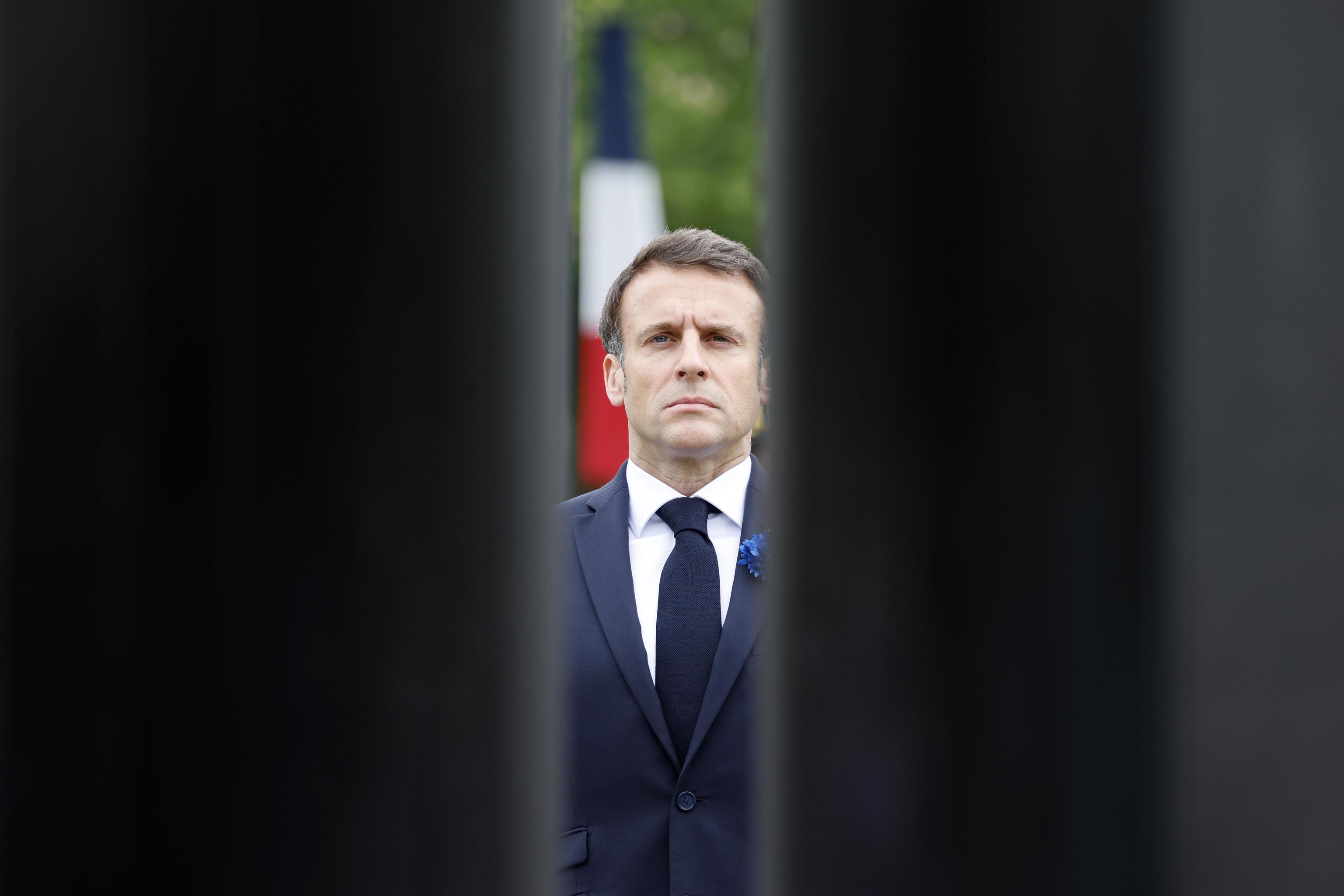"The creation of the State of Palestine has never been so threatened and has never been so necessary," warned the French Foreign Minister, Jean-Noël Barrot, on the eve of the conference and in statements to La Tribune Dimanche. "Our purpose is to create a collective dynamic [to garner support for the two-state solution], which will culminate on September 21."
That was the date anticipated by President Emmanuel Macron, when announcing that France will "solemnly" recognize the state of Palestine at the upcoming UN General Assembly. So far, more than 140 countries have recognized the Palestinian State (including Spain, Sweden, Norway, Ireland, and Slovenia), but France would be the first permanent member of the UN Security Council and also the first in the G-7 to take this step forward.
France aims to involve other European countries in its initiative, but the response has been relatively lukewarm so far. Chancellor Friedrich Merz was the first to distance himself and anticipate that Germany "does not consider recognizing a Palestinian State in the short term." Prime Minister Keir Starmer, influenced by his "special relationship" with the United States, warned that the French proposal "should be part of a broader plan." Italian Prime Minister Giorgia Meloni stated that "recognizing the State of Palestine, without the existence of the State of Palestine, could be counterproductive."
The New York meeting, initially scheduled for late June and suspended due to Israeli and American attacks on Iran, was sabotaged for weeks by the Trump Administration, which did everything possible to prevent it. According to a US diplomatic cable revealed by Reuters, the United States has even urged governments to "not participate in the conference" considering it "counterproductive to efforts to end the war in Gaza and free the hostages."
"The United States opposes any step that serves to unilaterally recognize a temporary Palestinian state, which would add significant political and legal obstacles to the eventual resolution of the conflict and could coerce Israel, thus supporting its enemies," the diplomatic cable reads.
A State Department spokesperson went even further and described the conference as "a gift to Hamas" and "an act that could jeopardize the prospect of a peaceful and long-term resolution of the conflict."
"In New York, we can achieve the definitive isolation of Hamas," Jean-Noël Barrot countered, highlighting France's efforts (including its 20 trips to the Middle East) to end the conflict and involve Arab countries and the Palestinian authority in a long-term solution.
"The conditions for peace have not changed," Barrot emphasized. "Our top priority is an immediate ceasefire, the release of all hostages, and the massive entry of humanitarian aid into Gaza. Hamas must be demilitarized and excluded from any form of government in Gaza and Palestine."
"The Palestinian Authority must undergo thorough reform," added the French Foreign Minister. "Arab countries must normalize their relations with the state of Israel and build a common security architecture. The collective dynamic we have created has already led to unprecedented commitments on all these points. The rest will crystallize in the coming days or weeks."
